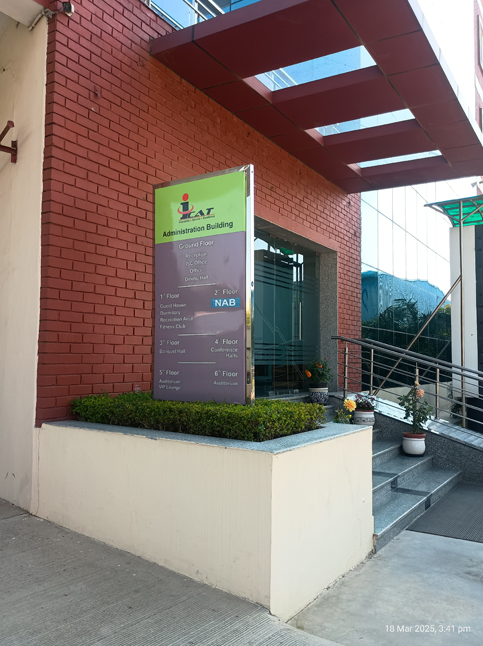About NAB
National Automotive Board (NAB), is an autonomous body was established under Ministry of Heavy Industries (MHI) , to promote, coordinate, and oversee the development of the automotive sector in India. NAB represents a unique joining of hands between the Government of India, a number of state governments and Indian Automotive Industry for Testing, Validation and automotive R&D in the country. It plays a crucial role in advancing new mobility solutions, research & development (R&D), and policy formulation to strengthen India’s position as a global automotive hub. The National Automotive Board (NAB) has three state-of-the-art Greenfield automotive testing centers across India to support the country’s growing automobile industry. These centers play a crucial role in vehicle validation, homologation, and research & development (R&D), ensuring that vehicles manufactured in India meet both national and international standards for safety, performance, and environmental compliance. The three premier centers under NAB’s initiative are:
International Centre for Automotive Technology (ICAT) – Manesar, Haryana
Global Automotive Research Centre (GARC) – Oragadam, Tamil Nadu
National Automotive Test Tracks (NATRAX) – Pithampur, Madhya Pradesh
Beside three state of the art automotive test centers National Institute of Automotive Inspection, Maintenance & Training (NIAIMT) located in Silchar, Assam, is another center serves as a center of excellence for vehicle inspection, maintenance, and skill development in the Indian automotive sector. At present the center is under the administrative control of ICAT.






